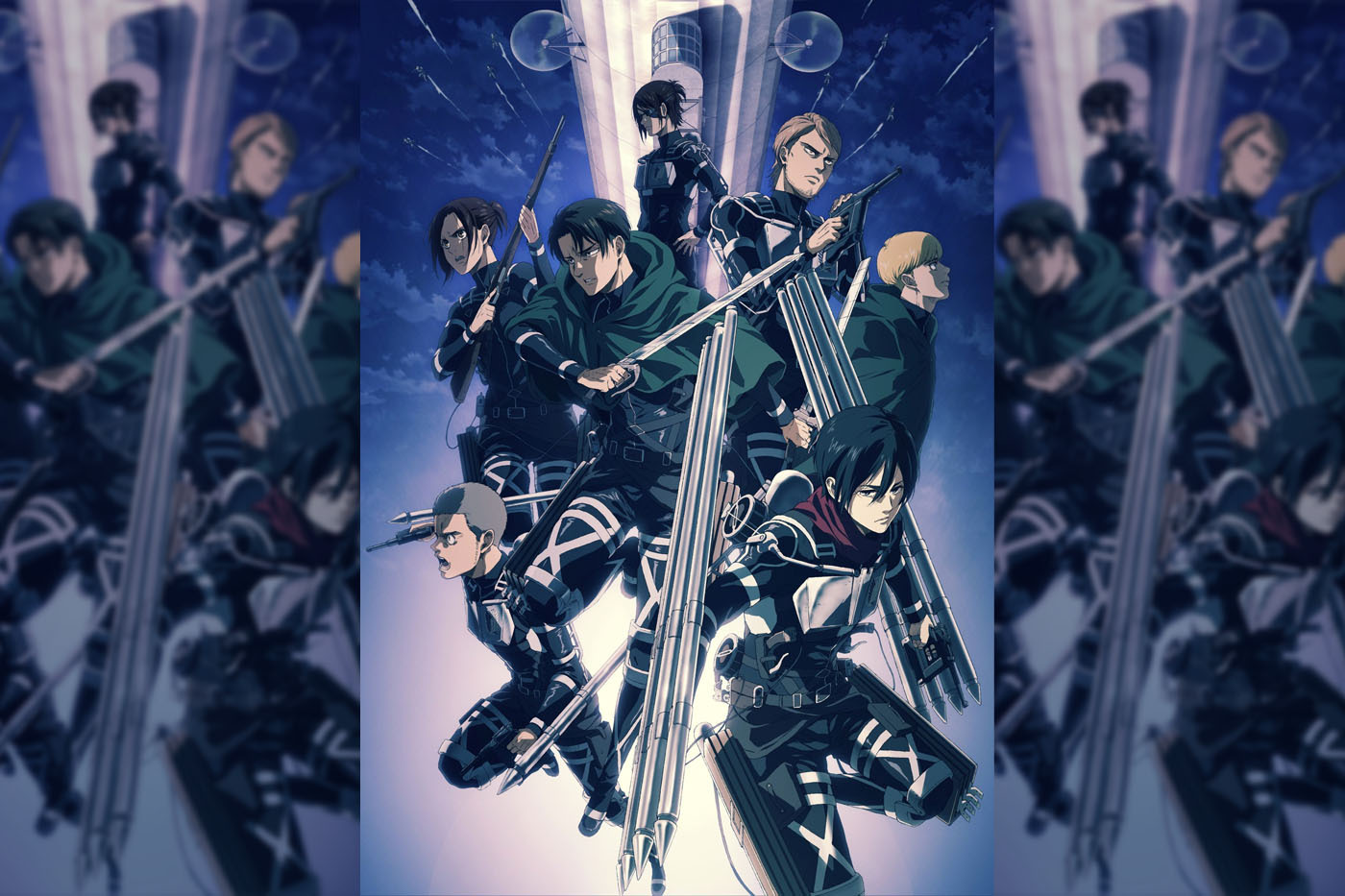


The show weaves an enthralling contrast between fervent affirmation of the endurance of the human spirit and the harsh realities of a world that takes life indiscriminately, and without mercy. It is only after reinforcing our beliefs in human perseverance, courage, and teamwork that Attack on Titan lands its first big heart-stopping system shock in episode 5, so devastating that it makes us question what hope any characters have of survival, much less any kind of happy future. We're given levity, budding friendships and the flicker of hope that these ragtag kids can really take back what was lost. We see child victims of the tragedy grow stronger and wiser as they butt heads with each other in the pursuit of a promising future, a chance to prove themselves, or even the desire for revenge. We need a reprieve from all the adrenaline, so episodes 3 and 4 dial back down to explore the human element. This collection of likable faces, most importantly those of the three main characters, makes the terror of people being eaten alive resonate with an impact no apocalyptic assault on screaming masses could imitate.

We face the titans through the eyes of characters with striking personalities, grand dreams, and crippling flaws, and in such great numbers that it's impossible not to relate to someone in the cast. In the first two episodes, we learn that humanity now faces a pointless extinction at the (human-shaped) hands of monsters, but we aren't given the luxury of just swallowing down the statistic and calling it dour fantasy. It's Attack on Titan's decision to blend optimism and brutality with just the right timing that makes it so powerful, and this bottled lightning strikes first in the journey from episode 1 to episode 5. It takes only 100 minutes to see how this off-putting pile of harsh offal can inspire so much passion in a massive audience known mostly for seeking stories of inspiring heroism. Author Hajime Isayama's world overflows with helpless rage, meaningless sacrifice and mankind's desperate struggle to find meaning or justice in a world of inexplicable cruelty. However, it's safe to say that by the conclusion of episode 5, you're either completely hooked or you're never going to be. It's not that the first five episodes tell a story unto itself: the story is only beginning. The first 100 minutes of Attack on Titan are a nifty microcosm of what makes this fresh year-old megahit so special. But for Eren, Armin, Mikasa, and the many young trainees alongside them, ending their renewed war against a monstrous enemy will be harder than they anticipated, and more bizarre and impossible than they could have ever imagined. His family and dreams taken from him, Eren swears revenge, immediately enlisting as a trainee in the anti-Titan defense corps. Eren, his two friends Armin and Mikasa, and a handful of refugees escape while the Titans gobble up the countless lives left behind.

Mankind's 100 years of safety come to an abrupt end when a Colossal Titan with no skin, larger than any seen before, towers over the outermost wall and in one swift kick, exposes Eren's city to the waiting Titans. But then, in a flash, the choice is taken from everyone. He wonders how long humanity will choose safety in a sweaty, overpopulated cistern over freedom in the open seas beyond the walls. He dreams of a life of adventure, joining the military's scouting regiment, being praised as a hero, and seeing the world outside the walls. One boy among the fattened throngs, Eren Jaeger, finds himself restless about humanity's future. To protect themselves from the creatures they named Titans, mankind erected three walls, each dozens of yards high, sealing all survivors inside for 100 years until their complacent, teeming cities felt secure from the man-eating Titans. In an age now lost to mankind's memory, monsters shaped like giant people, but with no discernible intelligence, appeared over the mountains and started feasting on humans.


 0 kommentar(er)
0 kommentar(er)
